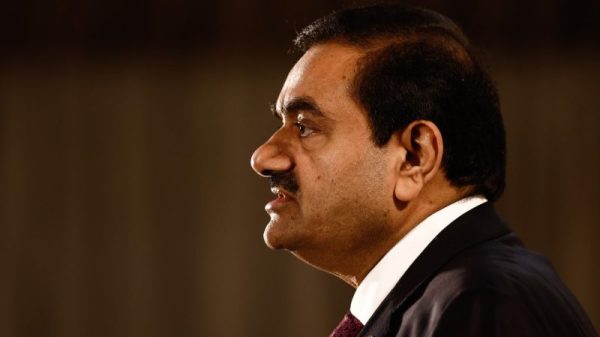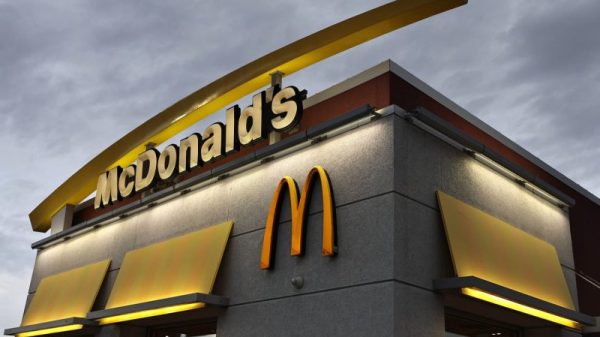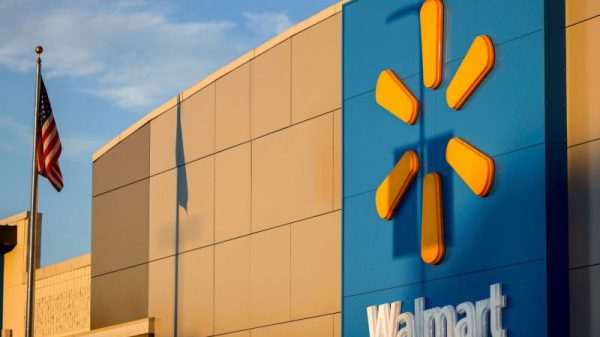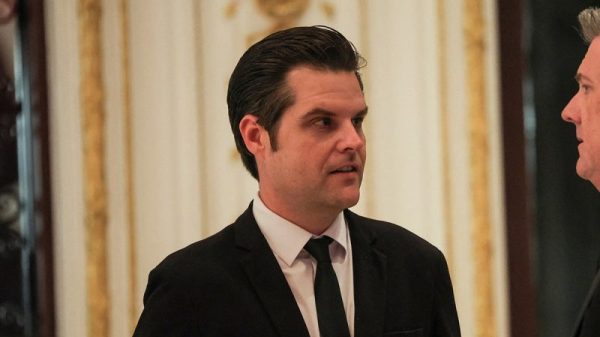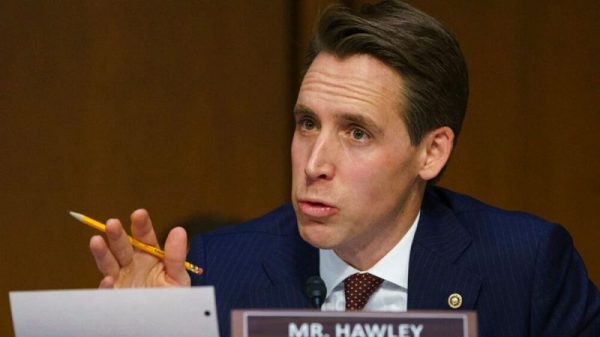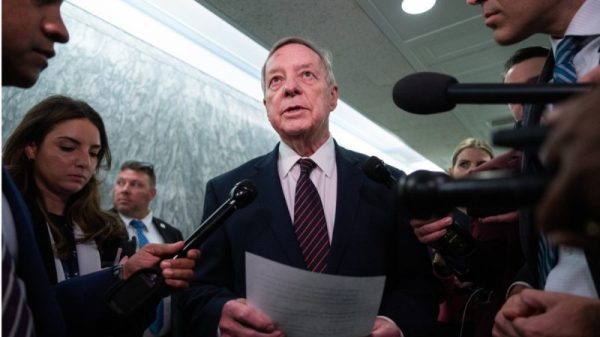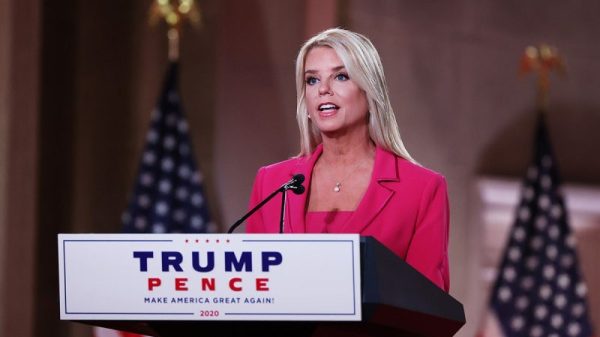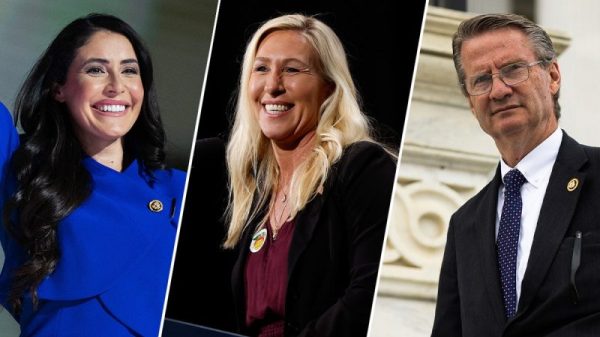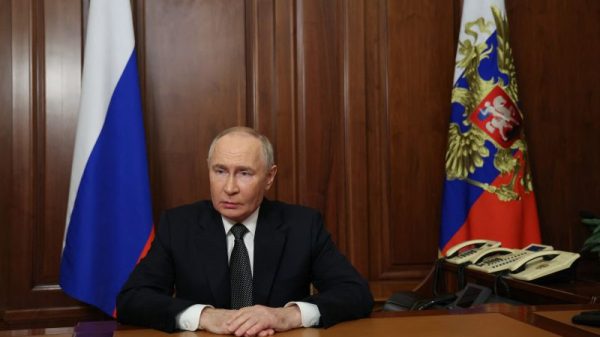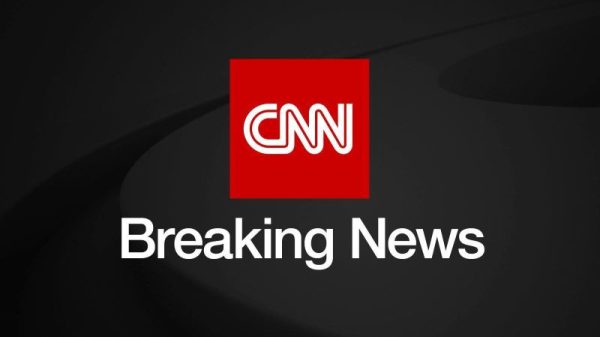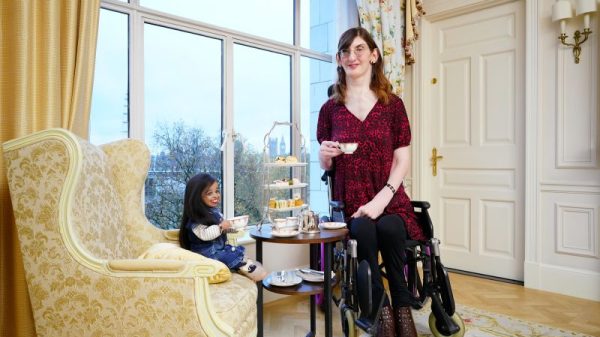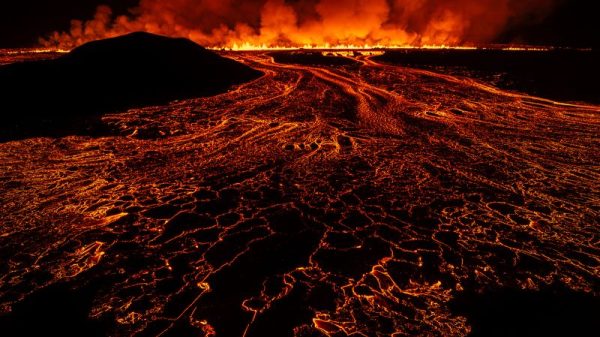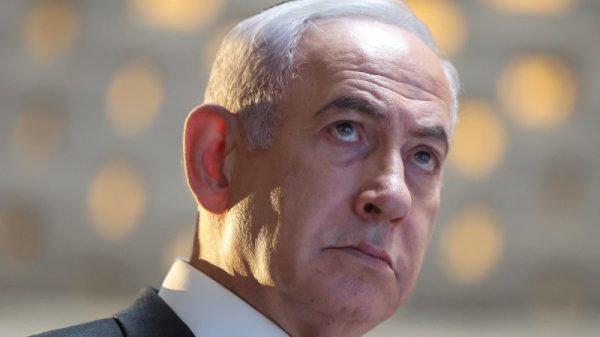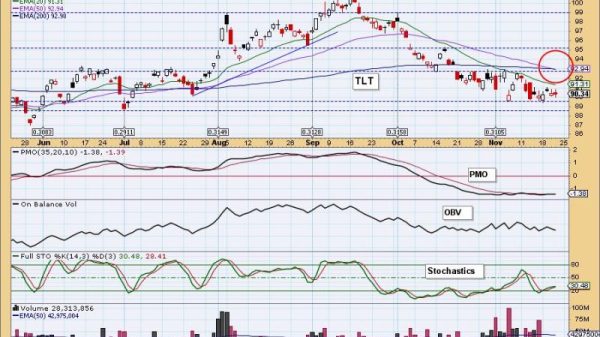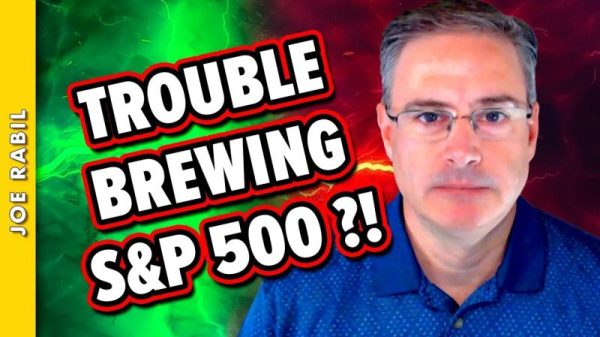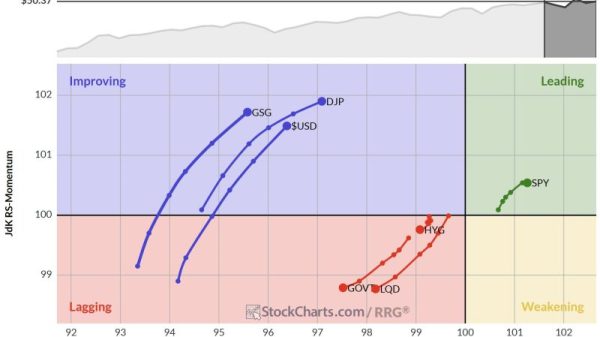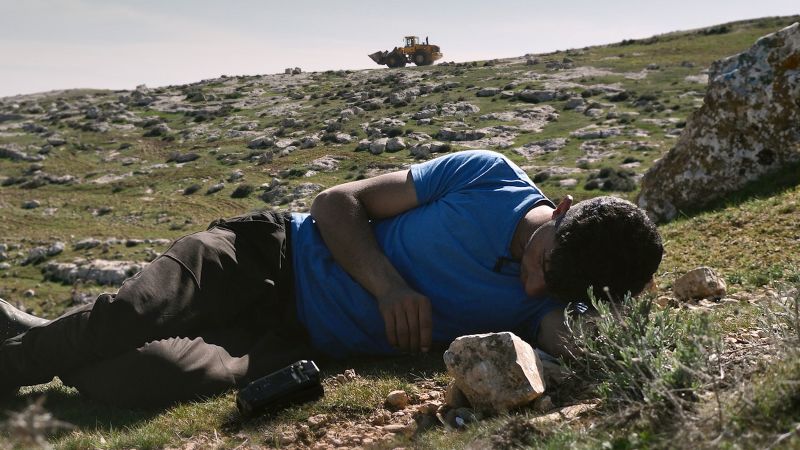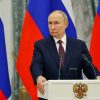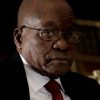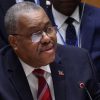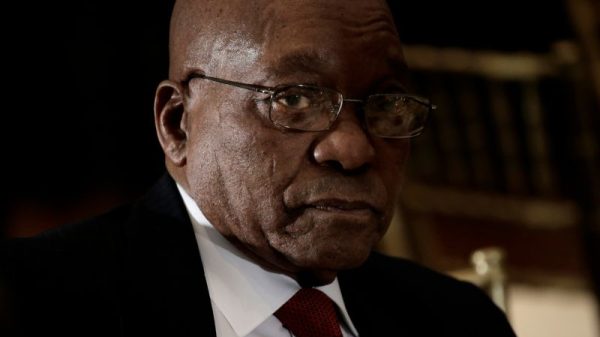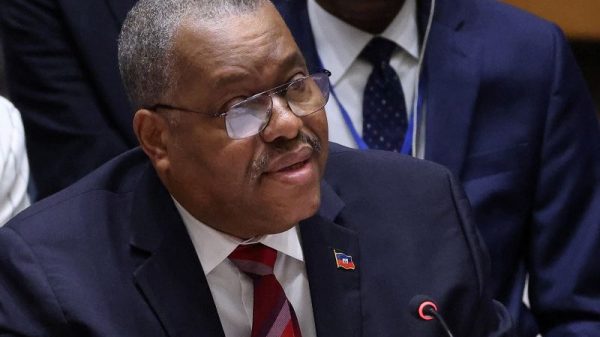Midway through the documentary “No Other Land,” journalist and activist Basel Adra recounts a 2009 visit to his village by former UK Prime Minister Tony Blair.
In a navy suit and crisp tie, surrounded by security detail and photographers, Blair walked through the village for seven minutes, Adra says in a voice-over.
He visits the local school, Adra says. He passes by Adra’s family’s home. He nods along to something someone says off camera, the footage shows. He shakes a hand. He smiles.
Months later, after Blair returns to the UK, Israel cancels the demolition orders held for the school and home in the street he visited, Adra says. In the mere handful of minutes, Blair accomplished what villagers had been trying to do for years.
“This,” Adra says, “is a story about power.”
“No Other Land” tells of the continued demolition of Masafer Yatta, a collection of villages in the Hebron mountains of the West Bank where Adra and his family still live. But as we see the demolition — the local playground torn down, his family moving their beds and other belongings into a cave, his brother shot and killed by soldiers, attacks by Jewish settlers — Adra and the rest of the filmmakers also show us a community trying to survive.
Adra’s filming begins in 2019 and stretches until 2023, chronicling the Israeli government’s attempt to evict the villagers by force, having claimed the land for a military training facility and firing range in 1981. (During the lengthy legal battle, before the Israeli supreme court ruled in favor of demolishing homes in the villages in 2022, Israeli prosecutors argued that Palestinian residents only began squatting in the area when it was declared a firing range, after previously using the land as seasonal pasture. Residents countered, saying the IDF had blown up Palestinian homes in Masafer Yatta decades earlier, in 1966).
This interview has been edited for length and clarity.
What motivated you to pick up the camera in the first place? Was making a documentary always the goal?
Basel Adra: No, it wasn’t. It was documenting. To document the things around me was the goal, and it always felt important to catch the incidents that’s happening around us as evidence of the reality of what’s happening. And then, after years, the guys joined, and we decided together that we want to make a movie.
Yuval Abraham: I came here as a journalist, so documenting was part of the job. It’s something that I believe in. I came into journalism out of realizing that there is so much that is not being told in the land that we live in that needs to be told. But for me, the act of documenting, whether it’s by writing or by filming, always has a purpose or an audience in mind, most of the time. Whereas for Basel, it’s also that, but as he said, it’s also the way to survive when you’re being attacked, or when your community is.
You started filming this in 2019 and you wrapped it up before the events of October last year. Do you think the film has changed or taken on new meaning because of what’s happened since then?
Abraham: Of course, the movie meets the audience at the moment where the audience is. Now, Palestine and Israel are on the news 24/7 for the past year. To me, the film is showing the reality on the ground before October, and it’s showing essentially the decades-long occupation of Palestinians. And I think one of the reasons why we made the movie is, for me, is because — October 7 is an atrocity — but the world was not paying attention, almost at all, to the violent life that Palestinians are living under for decades before October.
This adds so much urgency for me to the film right now. It’s clear that, to anybody who watches our film and looks at the reality of the farmers in Masafer Yatta, living under Israeli military control is not something sustainable and it’s not something just. It’s not something that can continue. Me and Basel were born in the ‘90s. If we would have reached a political solution then, imagine how many more people would be alive today? And it’s unfortunate that people are now talking about the need for political change only after, in a way, human beings are paying with their blood.
I know with the recent escalation, you had to cut your time in the US short. How did it feel to go from touring this documentary all over the world, getting awards, etc., to zooming back home to Palestine and Israel?
Adra: It’s different. It’s not easy to go to the festivals and succeed, and journalists talk about it, the audience wants to see it, and it’s been sold out in many festivals. But coming back to the reality here, it’s sad to see that the situation is going, changing to be worse than it was even before.
Abraham: It’s a question that we always ask ourselves: What can we do to cause change? To end the occupation, to reach a political movement? Now, I think after really a year, it’s hard not to talk about Gaza, honestly, because you see every single day, literally, houses filled with families being bombed and little children obliterated or burnt alive. And now in the north of the Gaza Strip, there is an ethnic cleansing. It’s one of the biggest atrocities of our age and time, and the atrocities of October 7 cannot justify what has been going on every single day since.
What kind of footage do people need to see for the United States to change its foreign policy in a way which would be constructive for the people who are living here, in a way which will push us towards some kind of political solution?
Those of us who want to see a future where this oppression ends have to call for a change. And so can our film do that? I don’t think it can do that. It’s very hard to speak about the power now of documentary and footage, when there is so much footage. You can now Google. I mean, just open Twitter and open Facebook, you see so much endless footage of violence and nothing is changing. It’s a complicated position that we are in, so I don’t know what can change.
So, you don’t necessarily feel hope that things can change, because there’s footage everywhere?
Abraham: This is why we made a documentary, because there is a difference between just posting a random instance of violence to watching our film, which tells a very strong human story of a community for four years, trying to survive on their land. We hope that watching a film will have some kind of impact that these videos that we post on social media does not have.
At the end of the day, we’re not powerful people, and if the people who have power are not using their power to change the reality, then things are not going to change. We can make a million documentaries about it, but they’re not going to change their reality.
When was the moment where you decided, ‘I’m done waiting on other journalists; I’m going to tell my own story?’
Adra: Well, this is like back in the beginning, of documenting what’s going on. What I saw, like the missions happening, the attacks are happening here in Masafer Yatta. But it’s not a story, even, it’s a routine in our lives. So there I started using social media, writing articles and filming what is happening.
Abraham: There are times in history when policy becomes invisible to the people because it happens so much. It’s just routine. It’s part of the routine oppression. I think of South Africa, for example. There were times when it was just considered normal, under the apartheid regime, to have certain people who cannot vote for the main government. It was just normal. You didn’t need to report about it. And this is what’s really happening here in Masafer Yatta. Yesterday, houses were demolished. Was it reported anywhere? It’s not going to be reported, because this is the day-to-day life, the routine life, under the military occupation.
One of the challenges we face as journalists or even as activists, is how to take a policy that is a routine, that the people are not able to see, and to make them see it. And this is one reason to make the film, to make this policy a story that will be so strong that will show the human aspects of it in such a powerful way that people will be interested to see it.
I’ve heard some places have been hesitant to maybe distribute the documentary theatrically. Is that something that you have run into?
Adra: Yeah, we still don’t have a distributor in the US, we think it’s because of the subject, they’re not taking it. We wish this will change in the future, because we really want the movie to be shown around the US, and we want millions of people to see it.
What are you hoping the impact will be?
Adra: We want political change for the situation here.
Abraham: Change is possible, especially if there is willingness from the US leaders to allow us to reach the point of change. The United States is very much complicit in what we are seeing in our movie. For a better future for Palestinians and for Israelis, we need change in US foreign policy, and we hope that the film will contribute to that.
Like that moment with Blair, for example.
Abraham: It just gives you an example of people’s lives here are getting ruined, and for people in power who are sitting in Washington, DC or in New York or in London, to change that is a matter of lifting their finger to exert pressure on Israel to stop.
Of course, in the long term, we hope that the film — and not only our film, activism and work that we are doing on the ground and abroad — will lead to an end to this occupation, and to a political solution that is based on Palestinians having freedom, and Palestinians and Israelis both having political and individual rights. And the way to do that is the US changing their foreign policy. That is one of the main things that need to change, and if our film can contribute to that, even just a little bit, then I’m very, very happy that we made it.

